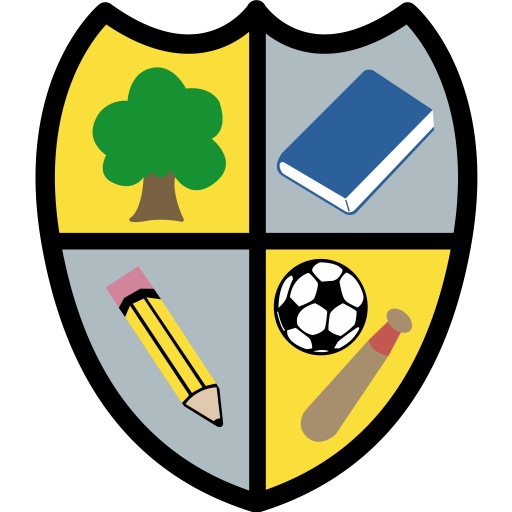It will be of no surprise that we’ve been looking at the structure of the new curriculum, most particularly the area of assessment. Whist the curriculum remains in draft form (the consultation closed upon the 19th July and we’re awaiting the government’s response), it has been of great interest to finally see and engage with what has been provided so far. The Pioneer Schools and steering groups should be rightly proud of what they have produced.I have principally examined the Achievement Outcomes – the ‘I can’ and ‘I have’ statements – staged across five Progression Steps and arranged under What Matters statements. What immediately struck me was the great level of attention to detail that has been paid to the relationships between assessment statements. This is not news, of course – skills and knowledge are as interconnected as they are diverse. However, it is pleasing to see the connections made explicit. This will support practitioners in connecting learning experiences together, especially those getting to grips with sharing their subject disciplines at secondary (this vlog by Olchfa school is a great example).The sheer size and complexity of the AoLE documents is their most striking feature. The documents are meaty, and the concepts are not small. One feels quite relieved that schools have until 2022 to implement this curriculum – understanding and absorbing the content alone will be challenge enough before you even come to the fact that what is provided is a broad framework to cover three-year stages. There are gaps to be filled, but first schools must get to grips with the size and shape of those gaps.
- There’s a clear emphasis upon the purposes of the curriculum within the achievement outcome statements themselves, that perhaps comes out most strongly in the way in which environmental and societal issues are highlighted across the AoLEs.
- Health and Wellbeing also does an excellent job of describing progression in terms of increased self-regulation, social responsibility, and the emotional toolbox with which to handle one’s own health and wellbeing and to respect those of others.
- Expressive Arts is the more constricted AoLE in size – it comprises the smallest number of What Matters statements, and achievement outcomes within that. Many statements cover a range of creative activities, rather than separating out progression in art, music etc. This could be problematic where practitioners are less knowledgeable or confident in understanding what progress to look for, or how to advance diverse skills and interests.
- The statements are written in the form of ‘I can’ and ‘I have’, but simply adding these prefixes does not a child-friendly statement make. I’ve yet to meet the five year old who’d say ‘I can use my visual sense of number to make estimates and comparisons’, and I’m not sure I’d like to encounter such an unnatural being. There is room for improvement in making this accessible to younger children – and I hope that these statements will be trialled with children before they are finalised.
So, shark infested waters? No – but perhaps more like diving through a kelp forest. At first all that is evident is the mass of seaweed, but as one becomes accustomed to the light, layers of depth, little habitats, and areas of beauty appear. A rewarding result of what is undoubtedly a significant effort.
What we’re doing next
We’re planning to work more closely with schools on the draft curriculum, so we can harness the brilliant practice in Welsh education to steer the next generation of assessment in schools.
We’re launching Assessment Foundation Curriculum Feedback Group to:
- Share our work so far.
- Ask questions about what you’re doing to prepare for the 2022 curriculum.
- Listen to what you want from us in terms of assessment.
The localisation of assessment is both a challenge and an amazing opportunity for us to support assessment in new and exciting ways, and we want to get the best picture possible of what schools need.
“I’m very interested to work alongside the Assessment Foundation to investigate ways of developing a quality child centred assessment tool that would accurately support the new curriculum.”
– Colin Jenkins, Headteacher, Buttington-Trewern Primary School
Whilst we work with 72% of primary schools in Wales, the Assessment Foundation have also worked with a number of secondary and 3-19 schools, supporting transition and assessment up to Y9. We plan to roll out our new assessment system to secondary schools also.
We know that schools are busy, and what’s more, that there is a constant stream of messages arriving about Curriculum 2022. So joining will be opt-in. We’ll still keep everyone up to date with major developments, but we’ll only contact those who join the mailing list to ask questions and take feedback.
Related Articles
Get in touch
Assessment at the heart of learning
At Assessment360, we value the importance of reducing teachers non-teaching workload and are committed to providing our schools with the tools and support to do that. Through collaboration with schools and Local Authorities in the UK, we have a history of designing ground breaking systems that offer a complete planning, tracking and reporting tool, enabling you to track a child’s learning across the full curriculum.
To discuss setting up Taith360 or Turas360 for your school, please contact us on 0330 8281 360 or send an email to support@assessment360.org.











